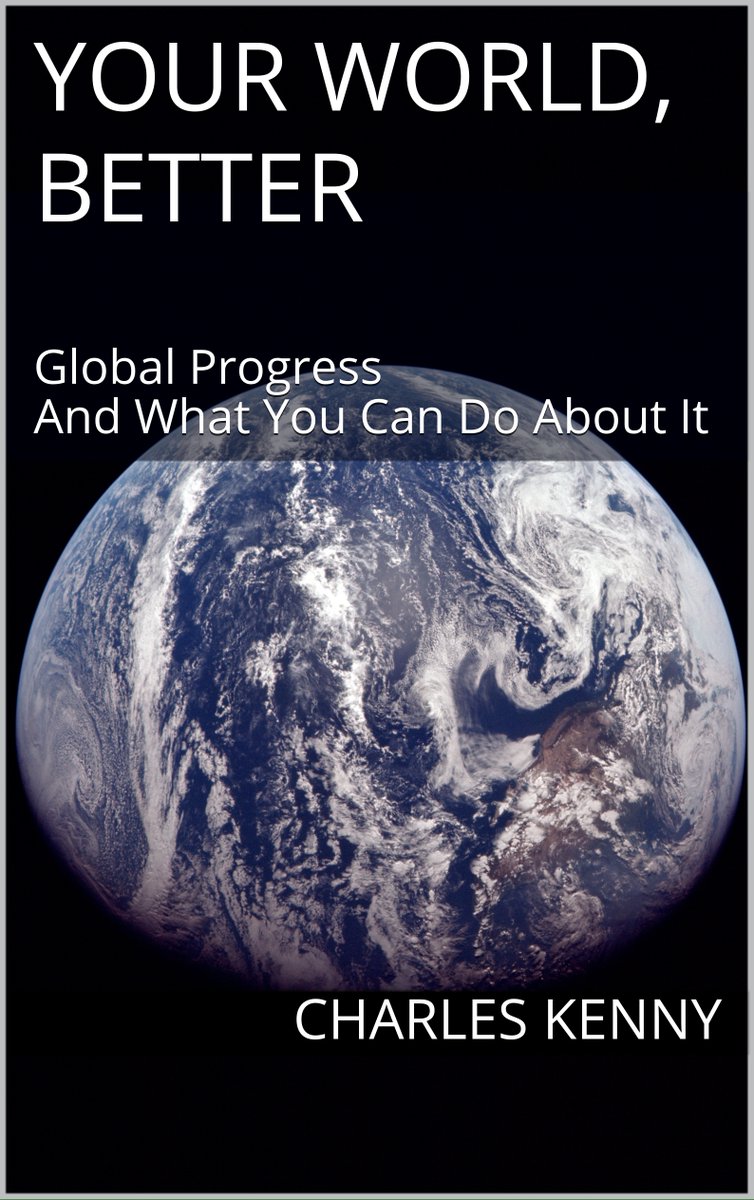
I think ending $1.90/day poverty utterly *isn’t* ‘ending poverty,’ looking at absolute numbers is a valid way to look at the data and there is stuff in this thread that brings important perspective, but three things…
https://twitter.com/nathanjrobinson/status/1492938231532371976
First, the number of people living on less than $10 a day is rising because fewer people are dying young in poorer countries (that’s true in absolute numbers and as a percentage).
More than what’s happening to income, that I think is the best single measure of human progress.
More than what’s happening to income, that I think is the best single measure of human progress.
Second, for all $1.90 is far too low, it is also what more than 90% of the planet lived under for nearly all of human history. And $1.90 used to buy you even less (quality of) life than it does now -mortality rates of people living in $1.90 poverty used to be higher than today.
Third, I’d agree saying this is about ‘capitalism’ is over simple (see China’s growth, large governments everywhere etc). But ‘global’, definitely. Impossible to explain ubiquitous progress eg against premature mortality without reference to global connections.
(Ps, should note for past few years the absolute number of people living under $10 a day has been falling. Progress against premature death has continued, but income growth has reduced absolute number of $10 poor faster than population growth has increased it).
• • •
Missing some Tweet in this thread? You can try to
force a refresh







